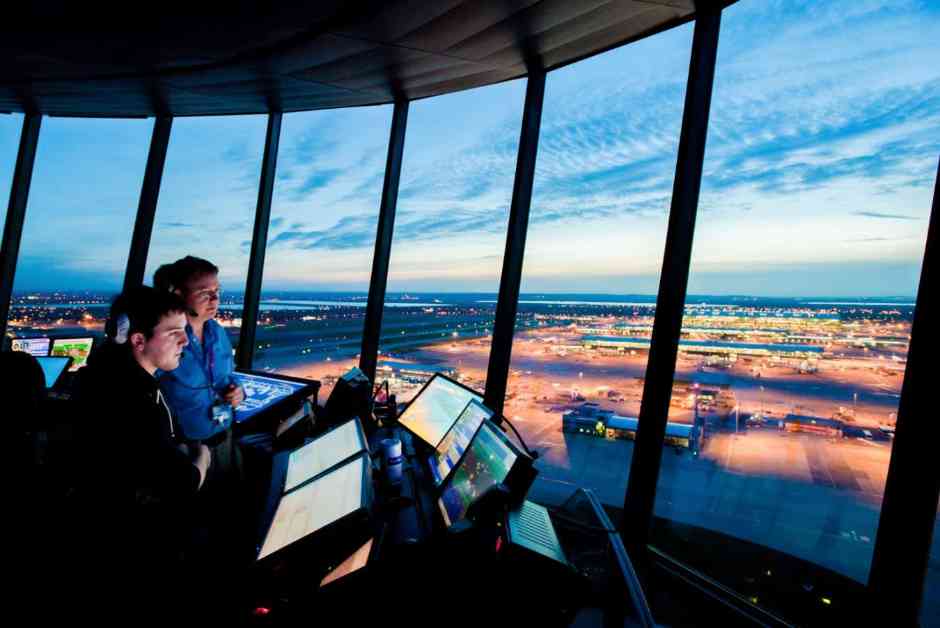GPS jamming and spoofing have become a serious issue for transatlantic flights, causing disruptions and safety concerns. Initially affecting areas near war zones in Europe and the Middle East, this problem has now spread to the busiest oceanic airspace in the world. With over 1700 transatlantic flights crossing the North Atlantic daily, the impact of unreliable GPS service is a growing concern for air traffic controllers.
Jane Johnston, a representative from the air traffic control industry, has stated that they are receiving daily reports of aircraft experiencing GPS jamming before entering oceanic airspace. This poses a significant risk to the safety and efficiency of these flights, highlighting the urgent need for a solution to protect aircraft from these disruptions.
In response to this growing problem, researchers and technology experts are now in a race to develop alternative navigation systems that can provide reliable and secure guidance for transatlantic flights. The reliance on GPS as the primary navigation method has become increasingly risky, given the rise in jamming and spoofing incidents.
One of the key challenges in finding a solution to this issue is the need for a navigation system that is not only resilient to jamming but also capable of providing accurate and real-time information to pilots and air traffic controllers. The development of such a system requires a combination of advanced technology, robust infrastructure, and international collaboration among aviation authorities.
As efforts to address this issue continue, it is essential for stakeholders in the aviation industry to work together to find innovative and effective solutions. The safety and security of transatlantic flights depend on the ability to navigate through challenging airspace with confidence and reliability.
In addition to developing alternative navigation systems, it is also crucial for airlines and aviation authorities to enhance their monitoring and response capabilities to detect and mitigate GPS jamming incidents effectively. This proactive approach will help to minimize the impact of disruptions on flights and ensure the continued safety of passengers and crew members.
Overall, the challenge of protecting aircraft from GPS jamming and spoofing requires a multi-faceted and collaborative effort from all stakeholders in the aviation industry. By investing in research, technology, and cooperation, it is possible to find a solution that safeguards transatlantic flights and maintains the high standards of safety and efficiency that passengers expect.



